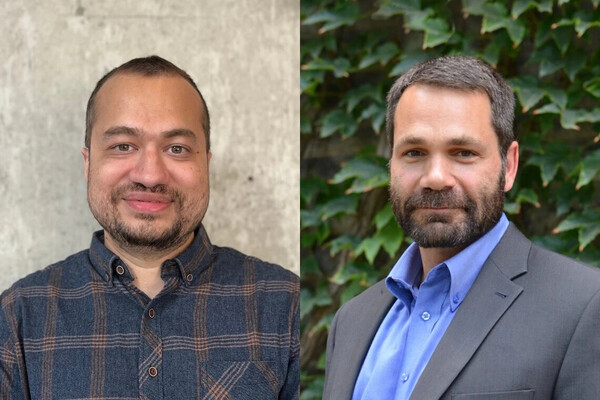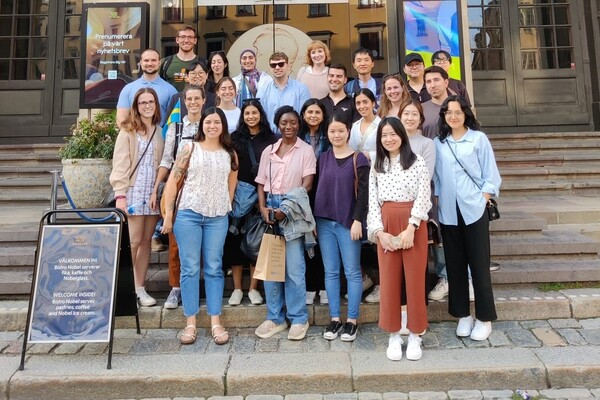Main Second Level Navigation
Dec 17, 2024
Major residency expansion to help tackle family doctor shortage
Students, Education, Partnerships
In response to a growing family doctor shortage, the department of family and community medicine is adding 40 new residency positions, with the potential to improve health-care access for tens of thousands of patients.



